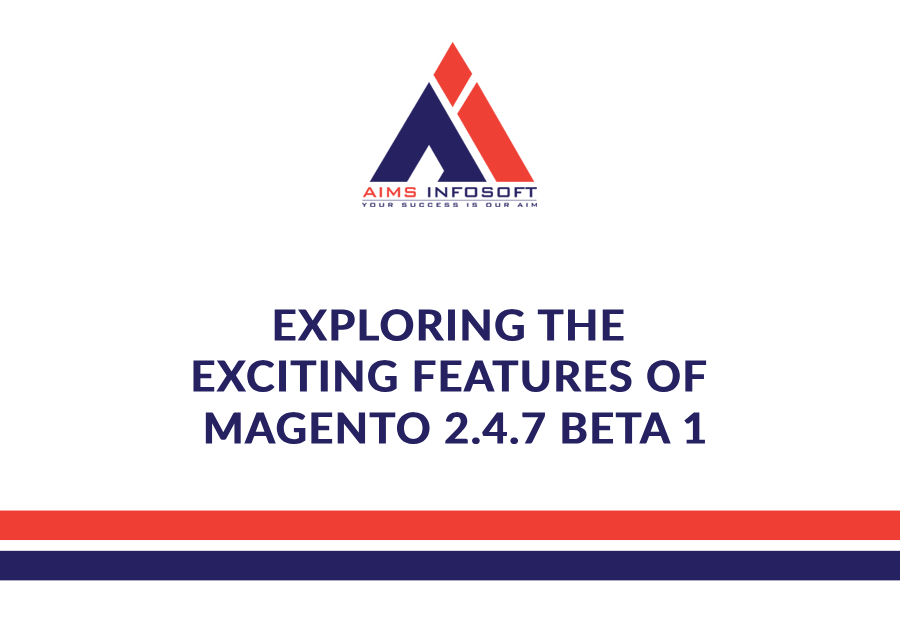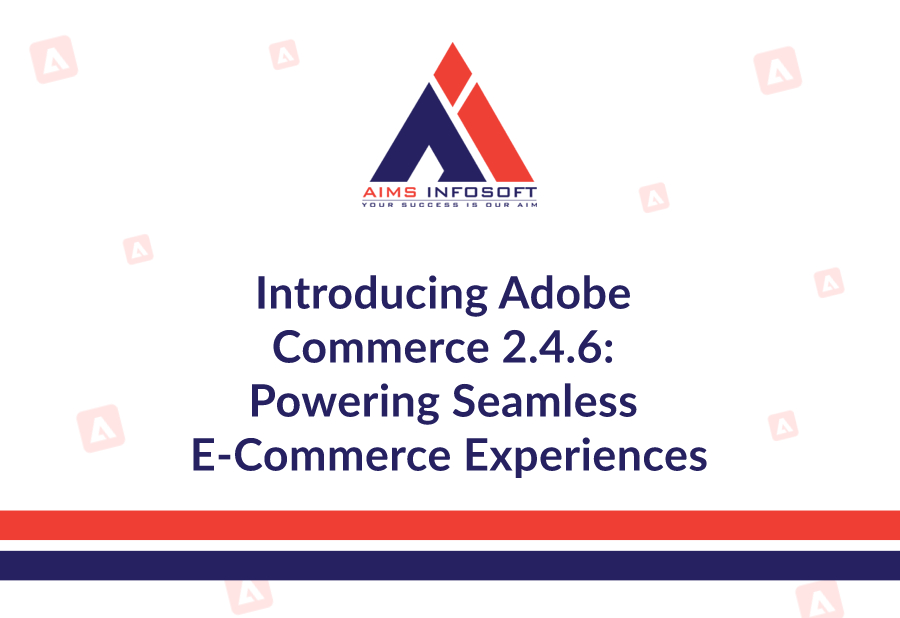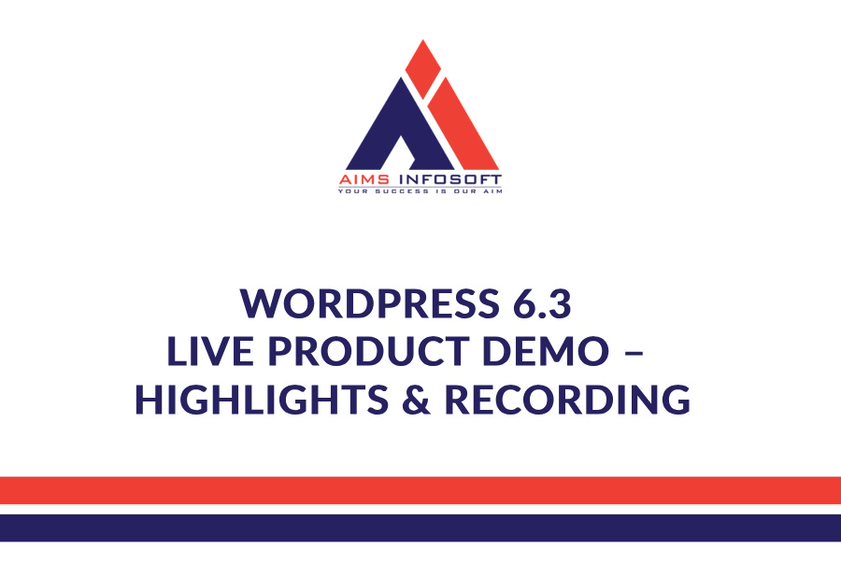Introduction:
In today’s digital age, businesses are constantly seeking innovative ways to engage with their customers and provide exceptional user experiences. Two popular technologies that have gained significant attention in recent years are HYVA (Hybrid View Architecture) and PWA (Progressive Web Apps). Both HYVA and PWA offer unique approaches to building web and mobile applications, but which one is the best choice for your business? In this blog post, we will delve into the characteristics and advantages of HYVA and PWA to help you make an informed decision.
What is HYVA?
HYVA is a hybrid approach that combines the best features of native apps and web apps. It allows developers to build applications using web technologies such as HTML, CSS, and JavaScript, and package them as native apps for various platforms using frameworks like React Native or Flutter. HYVA apps can access device capabilities and provide a native-like experience to users.
Advantages of HYVA:
Cross-platform compatibility: HYVA enables developers to build applications for multiple platforms, including iOS, Android, and web, using a single codebase. This significantly reduces development time and costs compared to building separate native apps for each platform.
Native-like performance: By utilizing native components, HYVA apps can achieve performance levels comparable to native apps. They can leverage device features like camera, GPS, or push notifications, enhancing the user experience.
Code reusability: With HYVA, developers can reuse a substantial amount of code across different platforms, resulting in faster development cycles and easier maintenance.
What is PWA?
Progressive Web Apps (PWA) are web applications that leverage modern web technologies to provide a seamless app-like experience across different devices. PWAs are built using standard web technologies such as HTML, CSS, and JavaScript, and they can be accessed through a web browser without requiring installation.
Advantages of PWA:
Wide accessibility: PWAs are accessible via web browsers, eliminating the need for users to download and install them from app stores. This ease of access increases the reach and potential user base for businesses.
Offline functionality: PWAs can cache content and data, allowing users to access the application even in offline or low-connectivity scenarios. This feature provides a reliable and uninterrupted user experience.
Cost-effective maintenance: Since PWAs are built using web technologies, maintaining and updating them is simpler and more cost-effective compared to native apps. Changes can be deployed instantly without requiring users to download updates.
Choosing the Best Solution:
The decision between HYVA and PWA depends on several factors, including the nature of your business, target audience, and specific project requirements. Here are a few considerations to help you make the right choice:
User experience: If you aim to provide a native-like experience with access to device capabilities, HYVA is a suitable choice. However, if your focus is on broad accessibility and reaching users across different platforms, PWA may be the better option.
Development resources: Consider the expertise and resources available within your development team. If they have experience with web technologies, building a PWA could be a smoother process. On the other hand, if you require specific platform features and have resources skilled in native app development, HYVA might be the way to go.
Offline functionality: If your application requires offline functionality or needs to work reliably in low-connectivity scenarios, PWAs are well-suited due to their ability to cache content. HYVA apps can also offer offline capabilities but may require additional implementation effort.
Conclusion:
Ultimately, the choice between HYVA and PWA depends on your business objectives, target audience, and project requirements. Both HYVA and PWA offer distinct advantages and can be effective solutions for different scenarios. It is essential to evaluate your specific needs and consult with experienced developers to make an informed decision that aligns with your business goals.








Leave a Reply